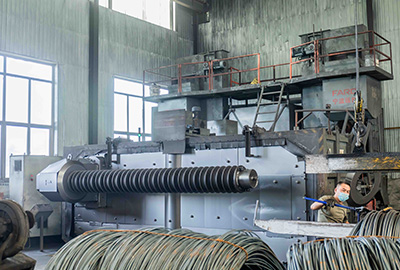Exporters of Rust-Resistant Proof Bolts for Enhanced Durability and Performance
Ное . 01, 2024 03:32 Back to list
Exporters of Rust-Resistant Proof Bolts for Enhanced Durability and Performance
The Export Landscape of Rust Proof Bolts
In today's global market, the demand for specialized hardware such as rust-proof bolts has seen a significant surge. This demand is particularly strong in industries ranging from automotive to construction, where the durability and reliability of fasteners are paramount. Rust-proof bolts, typically made from materials like stainless steel or coated with protective finishes, offer enhanced corrosion resistance, making them ideal for various applications.
The Export Landscape of Rust Proof Bolts
Exporters must navigate several challenges to succeed in this arena. Compliance with international standards for quality and safety is critical. Many countries have stringent regulations that dictate the specifications and testing procedures for building materials. Hence, exporters need to ensure that their products adhere to these standards to gain entry into foreign markets. Certifications such as ISO 9001 can enhance credibility and assure potential buyers of the product quality.
rust proof bolts exporters

Moreover, the competition in the rust-proof bolt market is intensifying. Exporters must continuously innovate their product offerings to stay ahead. This may involve investing in research and development to create new, improved formulations or coatings that enhance corrosion resistance while maintaining cost-effectiveness. Emphasizing technological advancements and quality improvement can differentiate a company in a crowded marketplace.
Furthermore, building strong relationships with distributors and end-users is vital. Exporters should leverage networking activities to establish a presence in key markets, understanding the unique requirements of regional industries. Customer feedback can guide product enhancements and help exporters tailor their offerings.
In conclusion, the export of rust-proof bolts is poised to grow, driven by global infrastructure needs and a rising focus on durable, long-lasting materials. By emphasizing quality, compliance, and innovation, exporters stand to benefit from the increasing demand in both established and emerging markets. As the industry evolves, staying adaptive and responsive to market changes will be essential for success in the global arena.
Latest news
-
Reliable Axle Nuts Supplier | Quality & Precision Fasteners
NewsAug.23,2025
-
Durable Bolts for Lawn Mower Handle - Top Supplier & Manufacturer
NewsAug.22,2025
-
High-Quality Bolts for Lawn Mower Handle Supplier & Manufacturer
NewsAug.21,2025
-
Reliable Axle Nuts Supplier | High-Quality Automotive Parts
NewsAug.19,2025
-
Premium Wire Bolts Suppliers | Durable & Reliable Fasteners
NewsAug.18,2025
-
Leading Metric Wood Screw Companies & Manufacturers
NewsAug.17,2025
